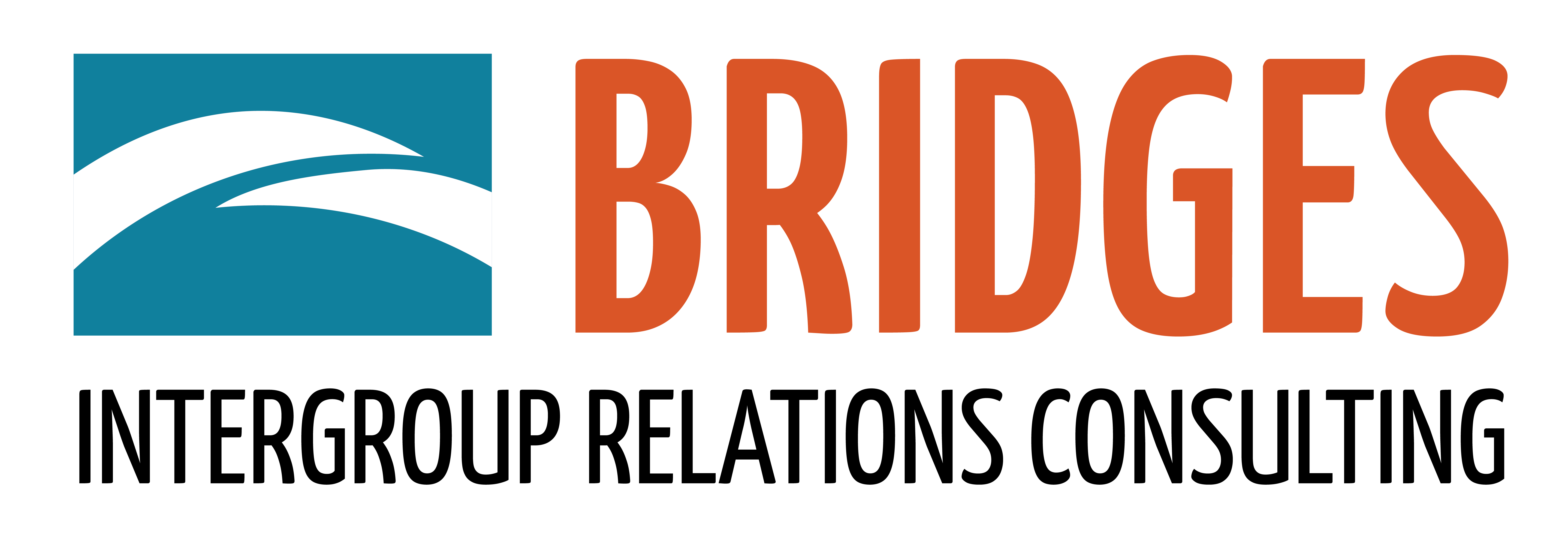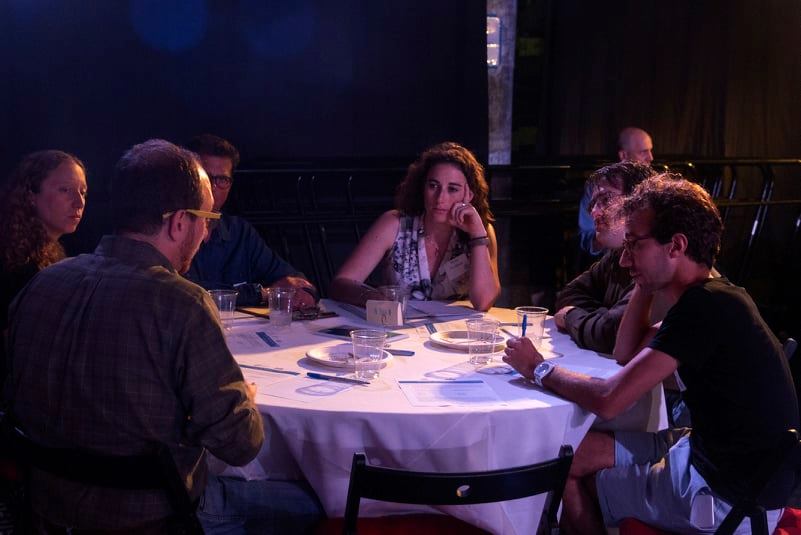Who We Are
Purpose
Why We Bridge
Bridges provide critical physical infrastructure to connect our world. They allow us to venture to the unexplored, to cross over obstacles, and to join what was previously divided.
In the same way, we need bridges to build healthy social infrastructures. They help us problem-solve, make better decisions, overcome corrosive divisions, and foster more resilient and productive groups.
In other words, the better we are at building bridges — whether in our communities, governments, schools, or businesses — the more likely we will get where we want to go.
What We’re Seeing
- Communities and organizations are fragmenting along generational, ideological, political, geographic, and identity-based lines, among others.
- Leaders struggle to meaningfully engage their divided constituencies, build coalitions, and maintain relationships with other groups in the face of stark difference.
- Public discourse is often simplistic, dogmatic, and alienating. Cancel culture and increased polarization results in toxic interactions on social media, on campuses, and among neighbors.
What We’re Doing About It
- Facilitate conversations to address difference and division, and to foster new understanding
- Train in skill sets that help groups better navigate difference, communicate across cultures, address conflict, and promote positive intergroup relations
- Design and run processes such as public forums, focus groups, and public dialogues that advise leaders in managing and making decisions around intergroup conflict
Approach
Why Choose Us
01. Our Customized Approach
We do not offer one-size-fits-all services. Instead, we understand that each situation is nuanced and complex, and we partner with you to closely understand your specific needs and design our services accordingly.
02. Our experiences are creative and highly interactive
Participants should be involved and invested in their own learning. We seek to create memorable experiences that actively and inclusively engage participants.
03. Global Perspective. Local approach.
We have built bridges all over the world, crossing myriad cultures and contexts. We also have deep roots and experience in Los Angeles, one of the most diverse cities in the world. We bring global insight to all our work, while always carefully assessing and responding to local needs.
04. We combine Scholarship and Action
We base our practice in proven academic frameworks and theories from social psychology, conflict studies, education, and more. Our academic backgrounds inform our identities as agents of change in the world, and vice versa.
Who We Are
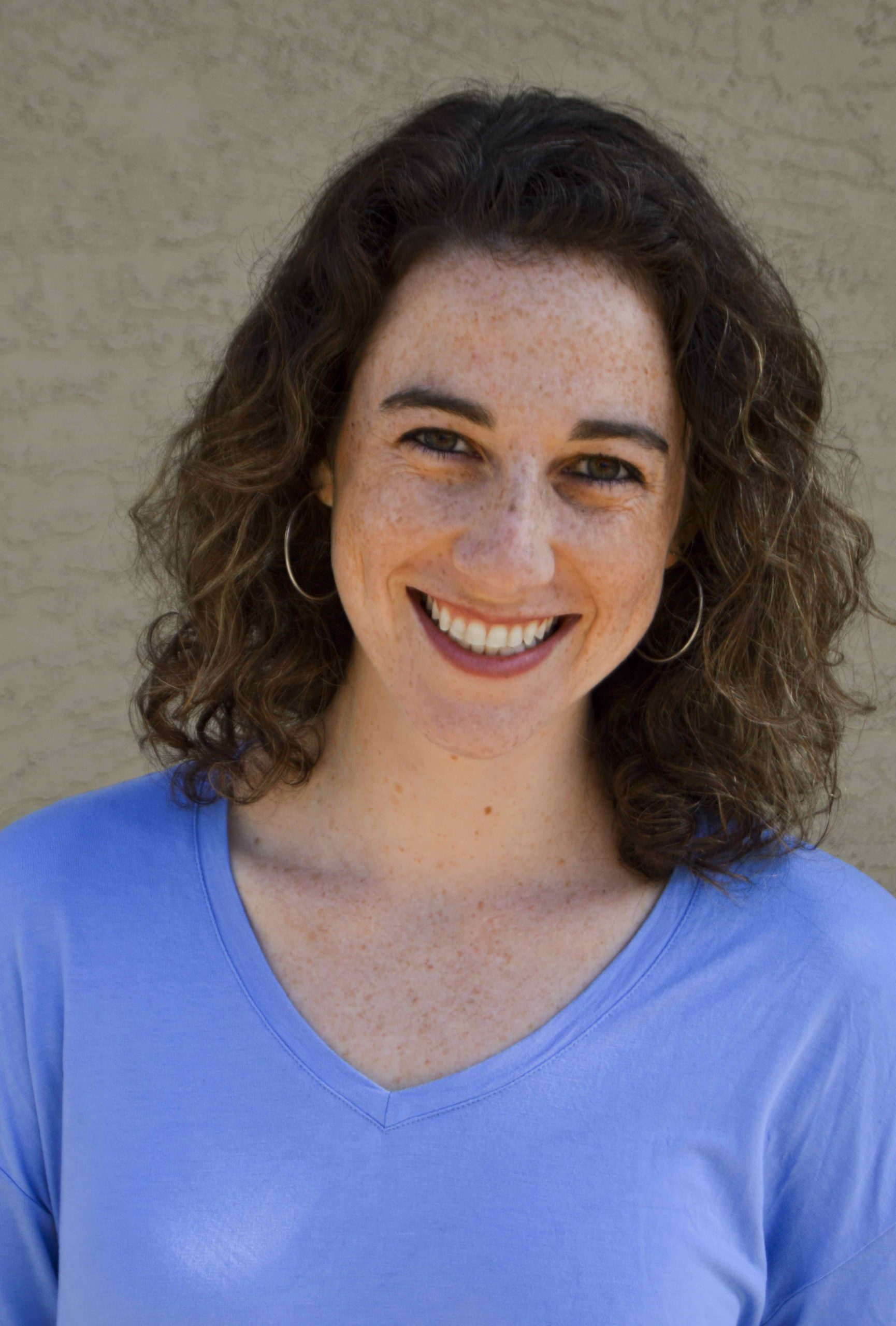
Maia Ferdman
Founder, Principal
Maia Ferdman has been fascinated by culture, identity, and peace-building since an early age. She grew up in a Jewish Argentinian family in San Diego, where speaking Spanish at Passover seders and discussing diversity at the dinner table was the norm. She founded Bridges out of a belief that our capacity to build connections across difference is essential to our communities’, country’s, and world’s survival. Through Bridges, Maia has trained government and nonprofit groups in cultural competency, organized numerous interfaith programs, led community engagement efforts about racial equity, and facilitated conversations across differences about policing, homelessness, the Israeli-Palestinian conflict, and more. She is a skilled facilitator and educator who brings energy, nuance, and heart to all her work.
Maia is the Deputy Director of the UCLA Bedari Kindness Institute, which is dedicated to the research and practice of kindness, and the Staff Director of the UCLA Dialogue Across Difference Initiative, which is dedicated to building a culture of dialogue on UCLA’s campus. The UCLA Initiative to Study Hate is also housed within the Bedari Kindness Institute.
Maia is the former Assistant Director of the UCLA Luskin Center for History and Policy (where she produced the bi-weekly podcast Then & Now), and she previously staffed The City of Los Angeles Human Relations Commission, a mayor-appointed advisory board tasked with fighting discrimination and promoting positive intergroup relations in Los Angeles. She was also trained as a mediator with the City Attorney’s Dispute Resolution Program and a facilitator and coach with Resetting the Table. Prior to her role with the City, Maia worked with The Jewish Federation of Greater Los Angeles and with the American Jewish Joint Distribution Committee developing programming about global Jewish religious and cultural diversity. Through this role she lived in Bulgaria and spent extensive time in India and Israel. She holds a B.A. in Global Studies and an M.A. in Latin American Studies from UCLA.
Collaborators
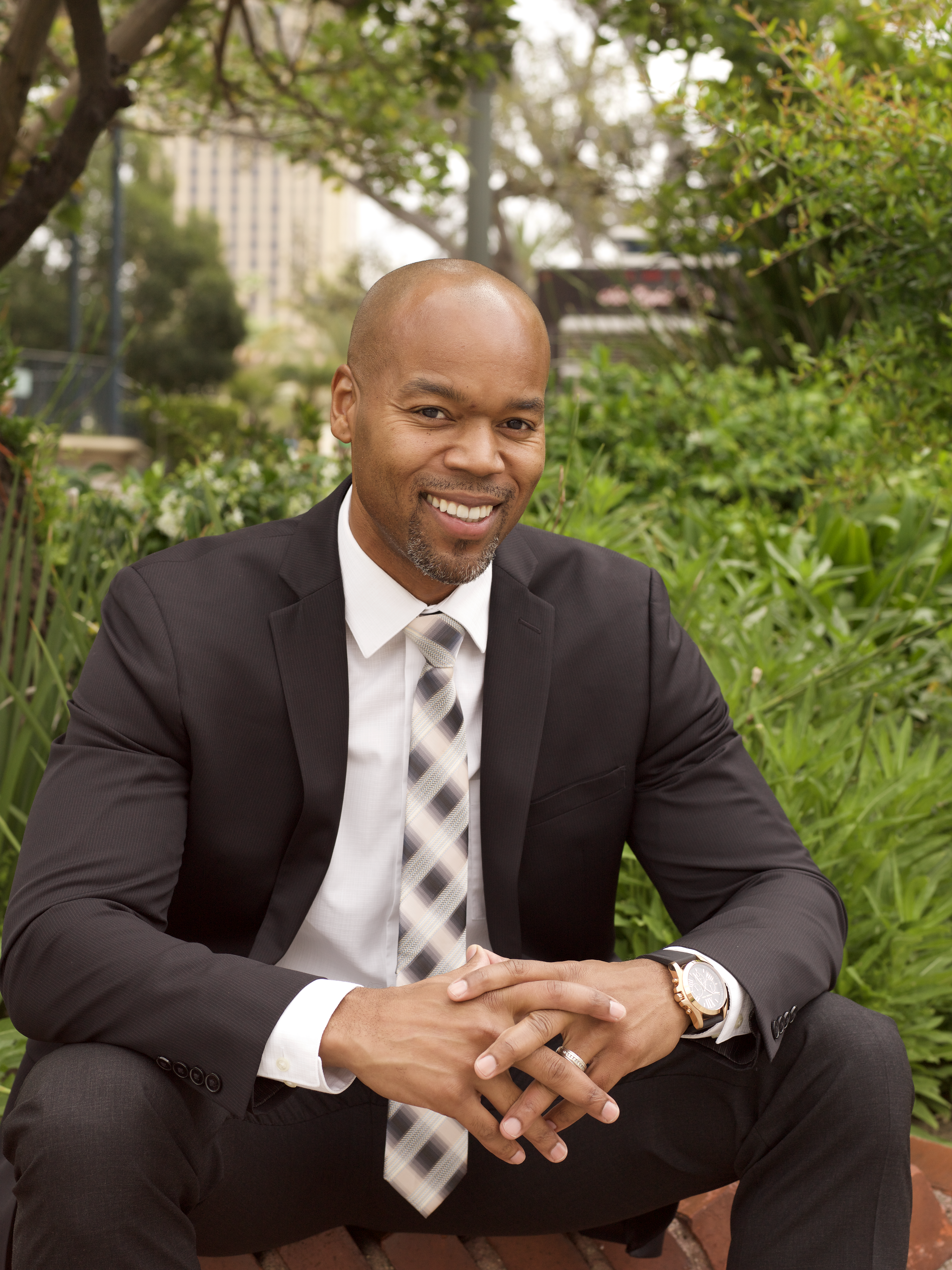
Shaphan Roberts
Shaphan Roberts is the Director of Online Programs at the Pepperdine University Caruso School of Law. He was formerly the Director for Los Angeles City Attorney’s Dispute Resolution Program and an Adjunct Professor for cross-cultural negotiation at Pepperdine University, where he earned his MBA from the PKE program. Mr. Roberts manages the coordination of all programmatic aspects of the Dispute Resolution Program, including community mediation, the award-winning Community Police Unification (CPU) Program, and the growth of the program, in line with the goals of the City Attorney’s Community Justice Initiative. Additionally, he manages the recruitment, training, and certification of the DRP’s volunteer mediator workforce, and is often requested to train city departments and community organizations on conflict management, de-escalation, and cross-cultural communication.
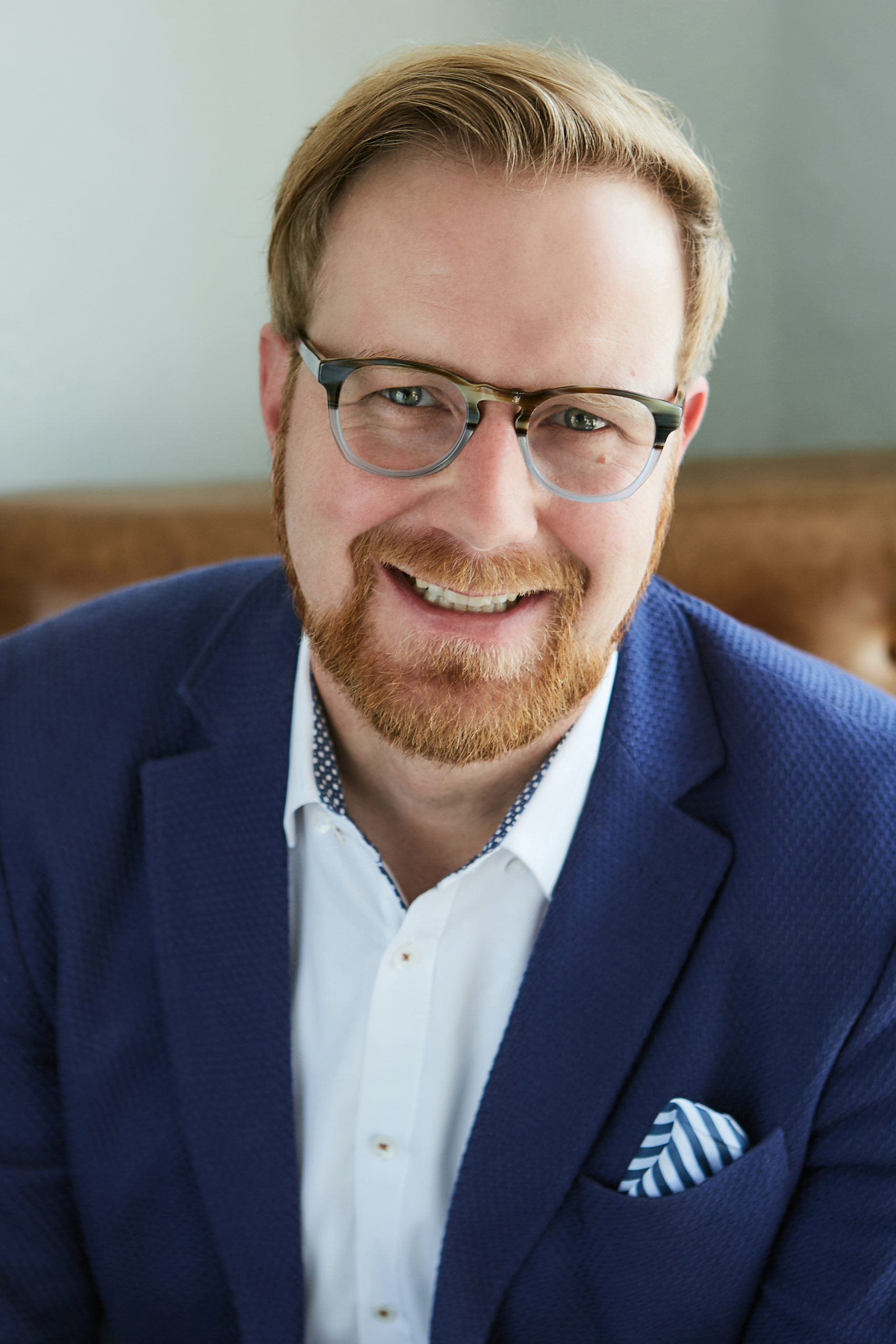
Daniel Wehrenfennig, Ph.D.
Daniel is the founding executive director of the Olive Tree Initiative, an award winning experiential learning program based in the University of California system and housed at UC Irvine. He also created the Certificate Program in Conflict Analysis and Resolution and served as the Vice-Chair of the Chancellor’s Advisory Council on Campus Climate, Culture and Inclusion at the University of California, Irvine.
He wrote his doctoral dissertation about the Israeli-Palestinian conflict, comparing it with the conflict in Northern Ireland in the context of citizen involvement in the peace processes. His personal travel and work with the Olive Tree Initiative has brought him back to the Middle East over 25 times in the last 15 years, and to the South Caucasus (Turkey, Armenia, Georgia), Colombia, and Northern Ireland, mostly bringing groups of students and community members with him on educational trips.
Daniel has also produced a documentary film for civic education in Malawi/Africa. His recent work has been published by Peace Review, Communication Theory, the University of California Press, Lexington Books and Studies in Ethnicity and Nationalism. And he has helped to create programs at UC Irvine that study diversity issues in the U.S. (Deconstructing Diversity Initiative) and educate high school students on diversity and inclusion (Diversity, Inclusion and Racial Healing Ambassador Program for Orange County High Schools).
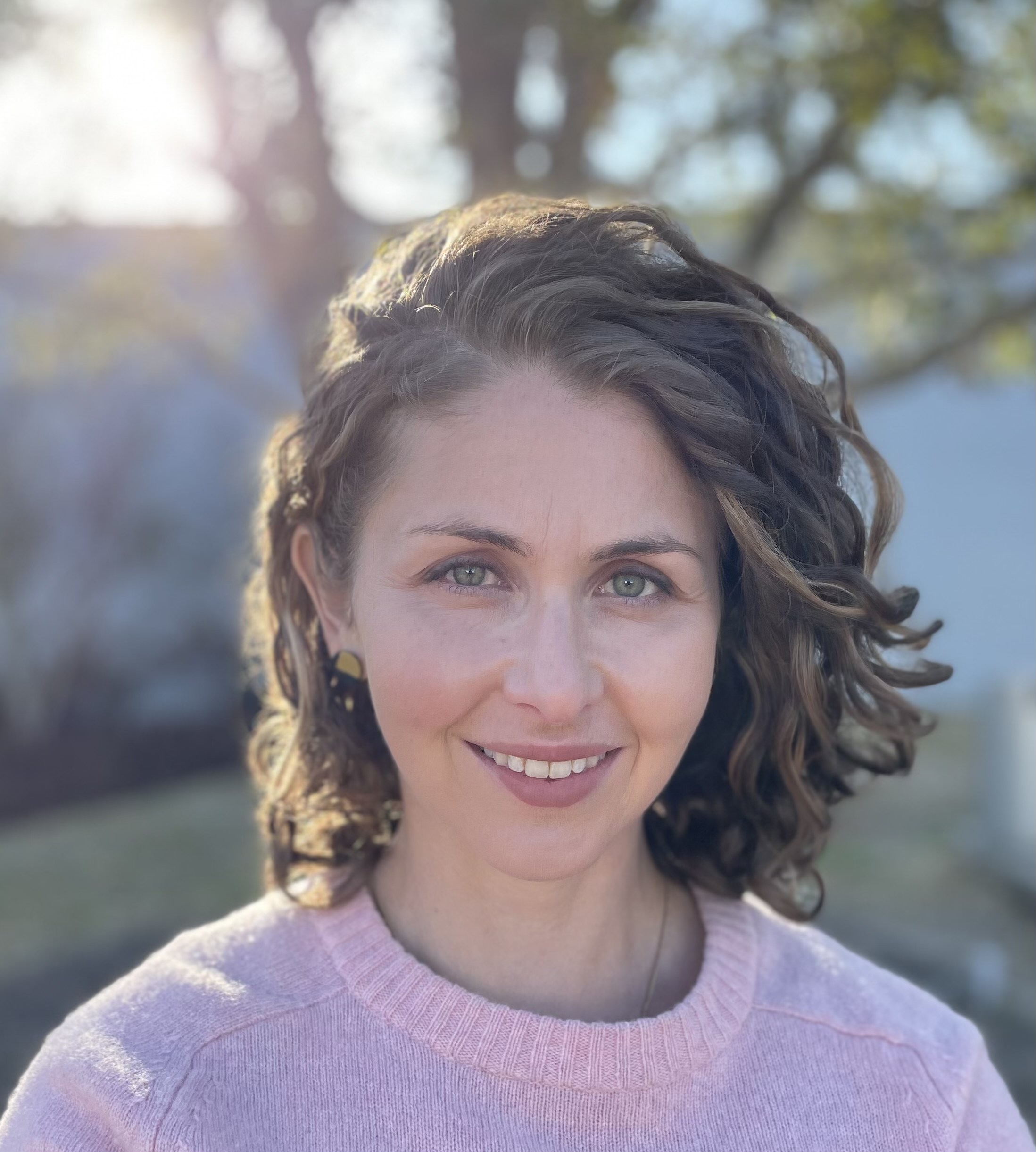
Dorit Price-Levine
Dorit Price-Levine is a mediator, facilitator, and communications trainer, with over 15 years of experience working in conflict resolution. Although she is a licensed attorney, Dorit’s passion and expertise lie in non-adversarial dispute resolution. Her interest in peacemaking began with the Israeli-Palestinian conflict, when she worked at both Israeli and Palestinian NGOs. Founder of Viewpoints and Senior Trainer with Resetting the Table, Dorit leads communication skill-building workshops, facilitates conversations across divides, and coaches executives, professionals, and clergy in facilitation. Dorit also works with families, couples, and individuals navigating conflict, providing communications support and mediation. Dorit serves as a community mediator for the New York Peace Institute. She holds a J.D. from the UC Berkeley School of Law and is a member of the New York State Bar. Her B.A. is in Political Science and Near Eastern Languages and Civilizations from the University of Pennsylvania, where she graduated magna cum laude. She catches a break as a dog mom and outdoor runner.
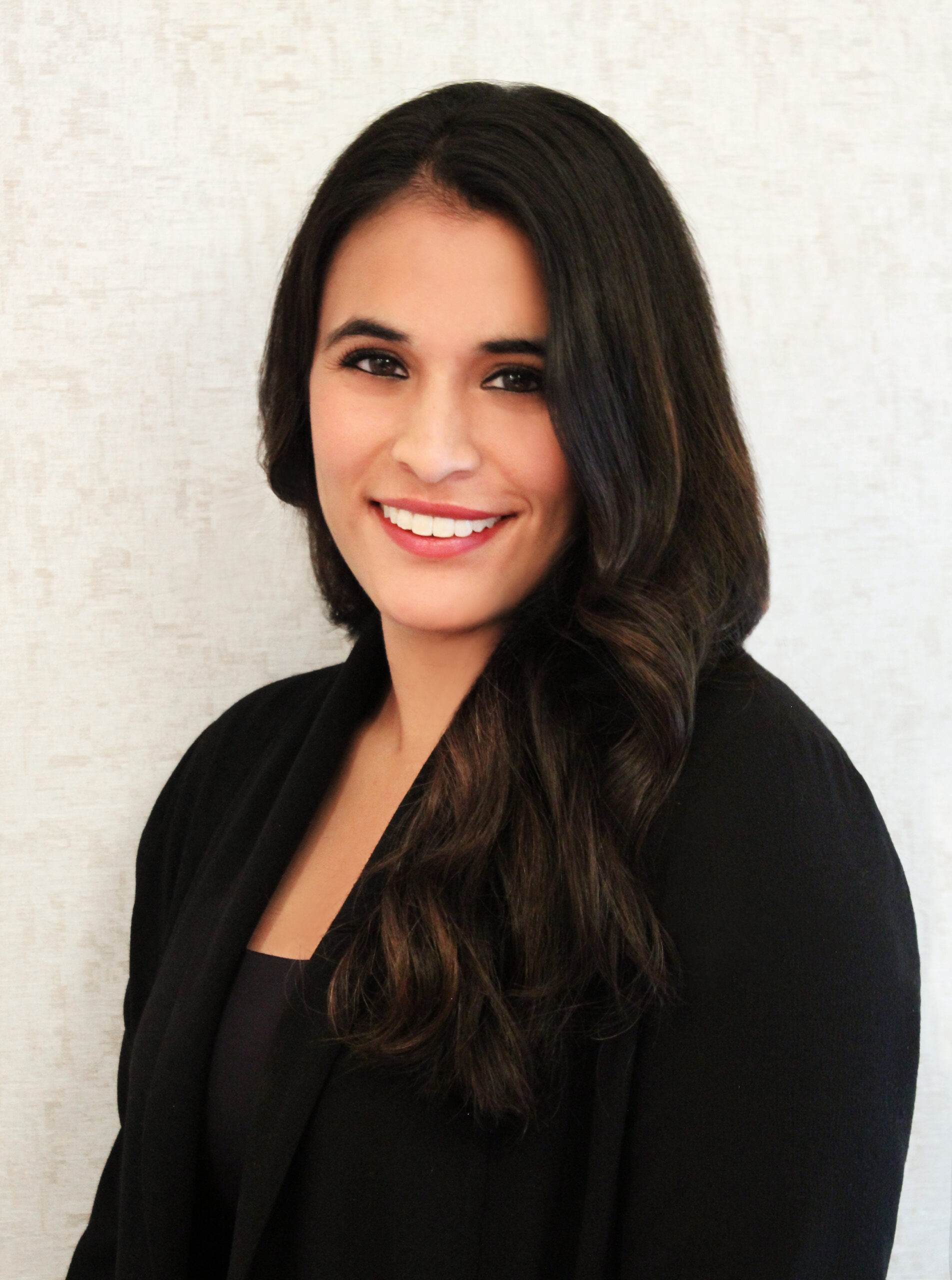
Rehana Jamal
Associate
Rehana Jamal is a conflict resolution specialist, mediator, and lawyer. She has always been fascinated by the way in which people interact, particularly in the way they communicate and navigate difficult conversations. This led her to pursue an undergraduate degree in psychology and, thereafter, a career in law and conflict resolution. Rehana’s background as an immigration attorney informs her current work because of her desire to understand the pressures which lead to chronic conflicts. She endeavors to create change at an organizational and individual level. Currently, she conducts trainings on conflict resolution skills and mediates civil harassment and small claim cases in the LA Court System. Her work at the High Conflict Institute, the Los Angeles Bridge Builders Collective, NewGround, and Pepperdine University uniquely positions her at the center of the conflict resolution space in Los Angeles. Rehana holds an LL.M. in dispute resolution from Pepperdine Law School, a J.D. from Cardozo School of Law, and is a member of the New York State Bar. Her B.A. is in psychology from Barnard College, Columbia University. She has tremendous experience and passion working with people from different cultural, sociopolitical, and economic backgrounds from her experience living abroad in Ecuador, Colombia, Kenya, and Spain. She is an avid traveler.
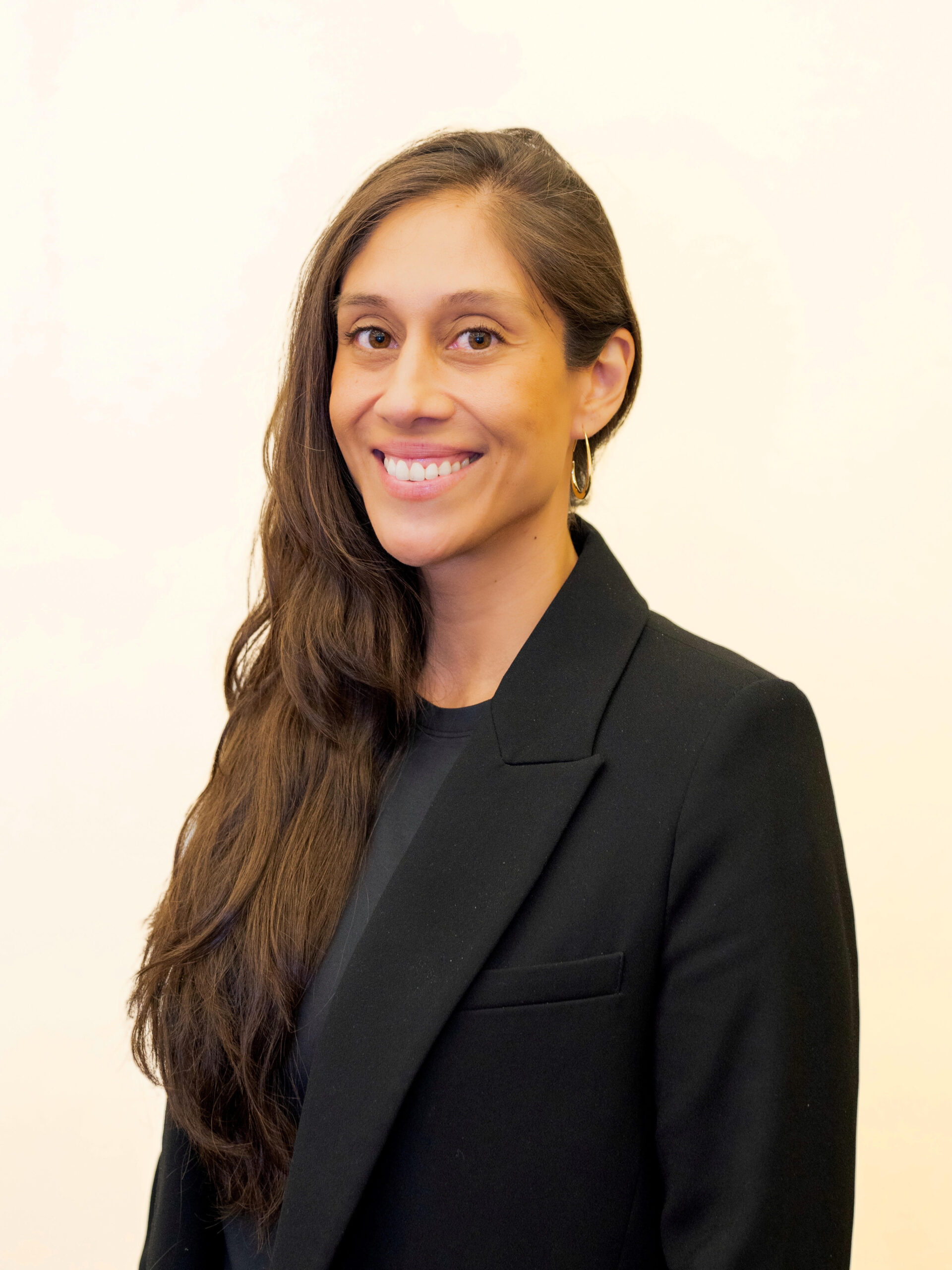
Analucía Lopezrevoredo, Ph.D.
Get In Touch
maia@intergroupbridges.com
